MAX FRANKE aims to direct all of the light from a lamp onto the target area, the goods. We achieve this with our lens lights. The lens captures the light and directs it efficiently onto the target area.
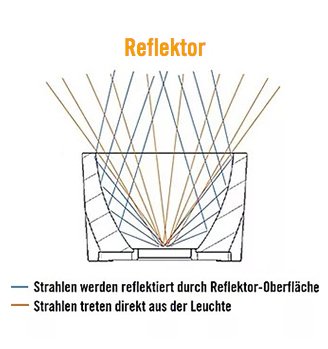
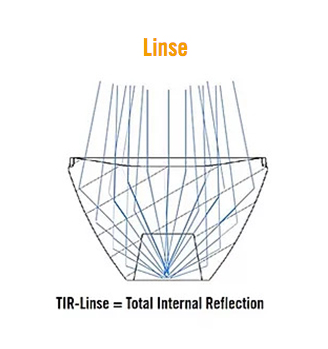
Explanation
- Direct light: With the reflector, a large part of the light emerges directly from the luminaire without being deflected by the reflector.
- When using the lens, all of the light is directed through the lens.
- Most of the lenses used by MAX FRANKE are rotationally symmetrical TIR lenses.
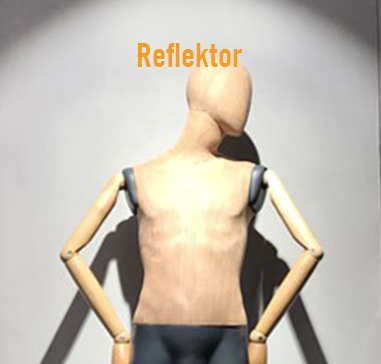
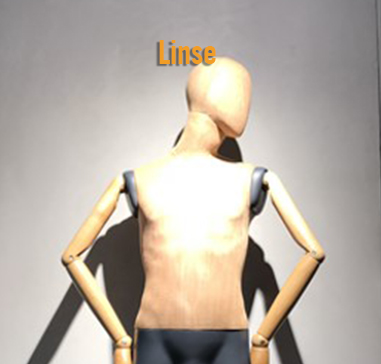
Explanation
- The direct light from the reflector lens shines past the target area.
- The lens bundles the light and directs it onto the target area.
- The efficiency of the lens lamp is thus significantly better.
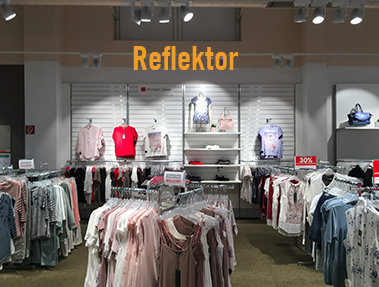
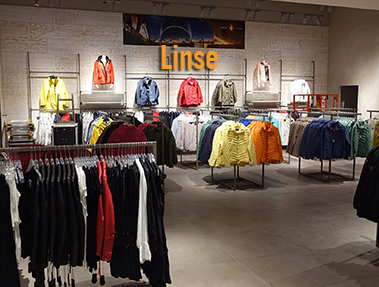
Explanation
- The direct light component of the reflector luminaire causes a relatively hard shadow edge.
- The light path of the lens lamp is more harmonious.
ADDED VALUE THROUGH LIGHT CONTROL
In the LED age, the subject of lighting control is becoming increasingly important and offers a wide variety of areas of application:
Light-
control systems
- Lighting control systems, e.g. They can be operated using a tablet, for example, and enable programmed lighting scenarios to be called up on site at the touch of a finger, in order to adapt the light to different uses, e.g. events.
Human Centric
Lighting
- White light with changing color temperature and intensity depending on the time of day
- Adapted to the human biorhythm.
Motion
dependent control
- The light changes as you walk by.
- This can generate more attention in the shop.
- In the warehouse, unused areas are dimmed down, thus saving energy costs.
Heatmapping
- Light control system with heat mapping: an infrared detection system that detects customer flows on the sales floor
Beacons
- Small transmitters (so-called beacons) deliver up-to-date information to the cell phones in the area, provided their owners have given their consent.
- It can e.g. B. Data on sales promotions or locations are sent to the end-users’ smartphones.
APPLICATION EXAMPLES LIGHT CONTROL
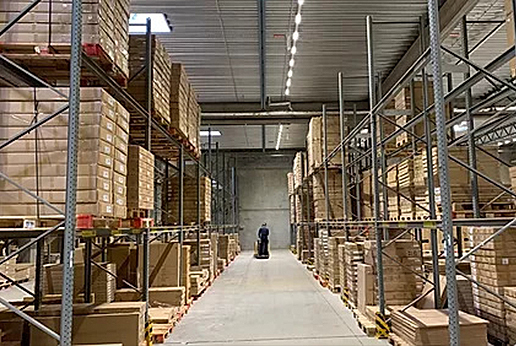
Industry
Warehouse with motion detectors
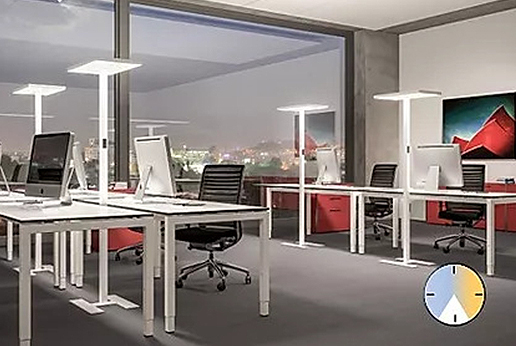
Office
Daylight control / Human Centric Lighting
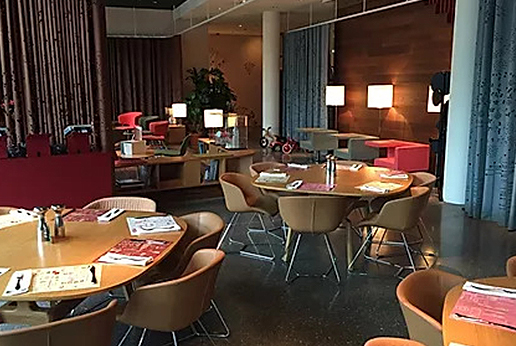
Restaurant / lounge
Color control for the right ambience
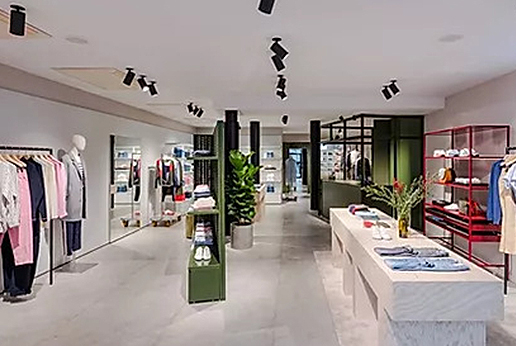
Retail
Beaconing with information for end customers
